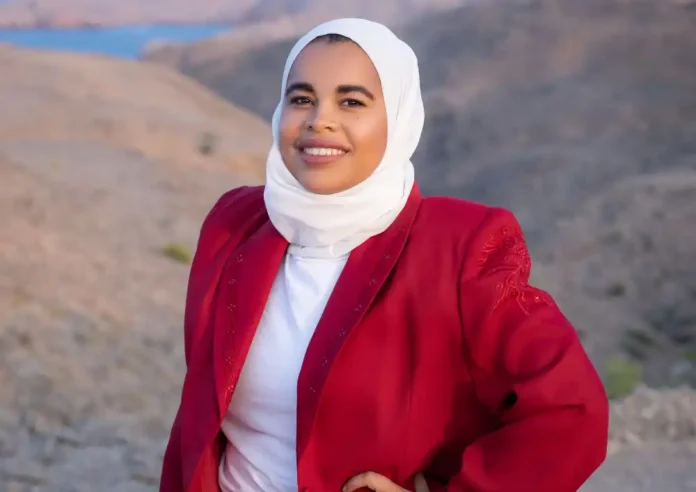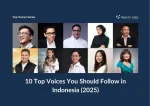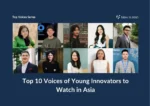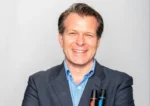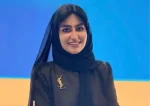In climate conversations, Arab women are often discussed as vulnerable populations — not as solution architects. Rumaitha Al Busaidi is changing that. From Oman’s green hydrogen corridors to Arctic expeditions, and TED stages to coastal community workshops, Rumaitha’s career spans science, policy, and platforms — all woven together by a single conviction: climate solutions are…
RELATED ARTICLES
© NewInAsia.com 2025



